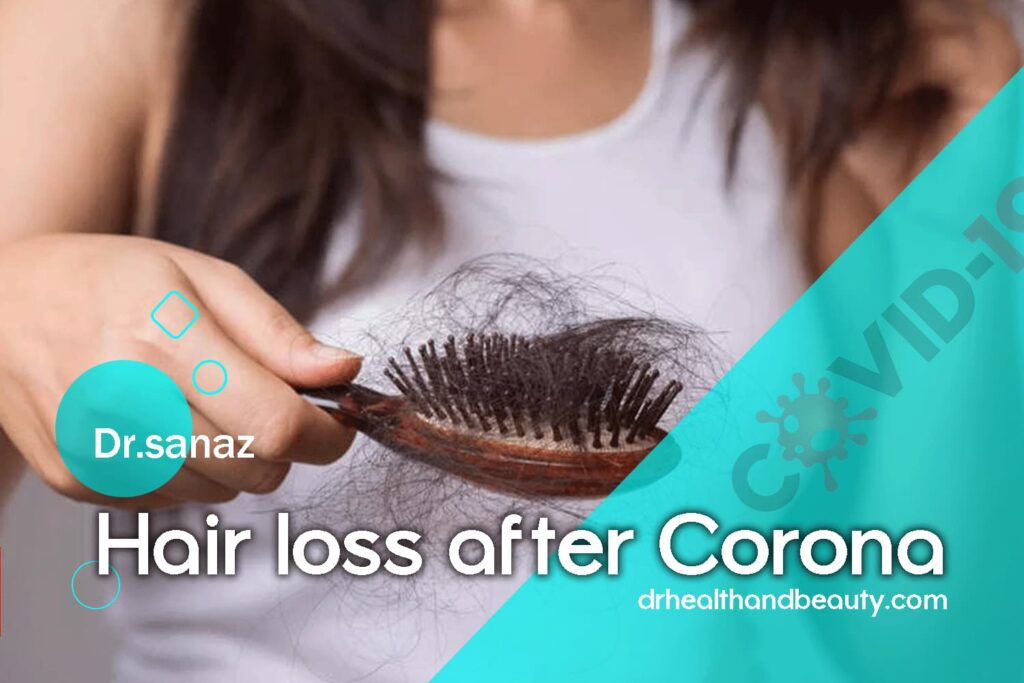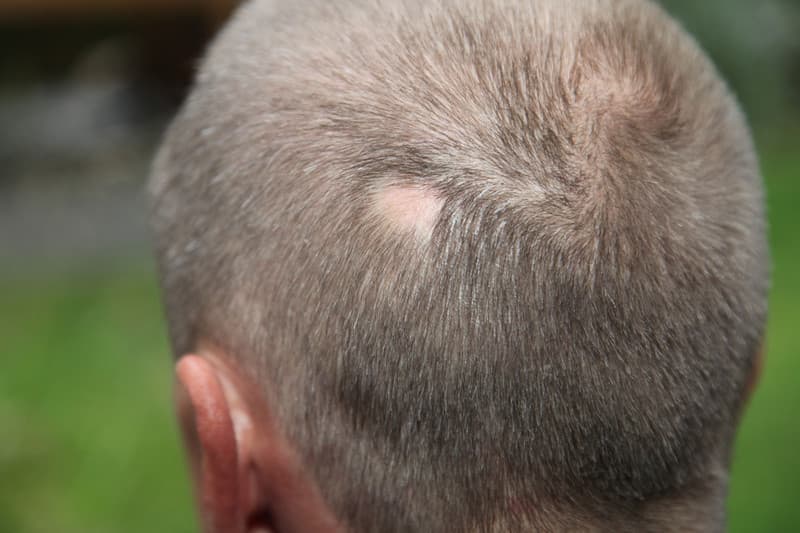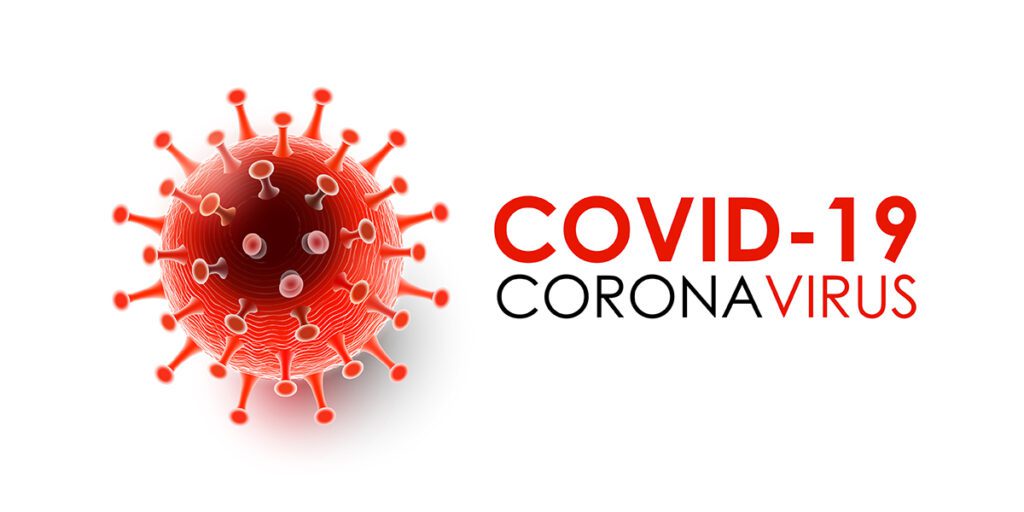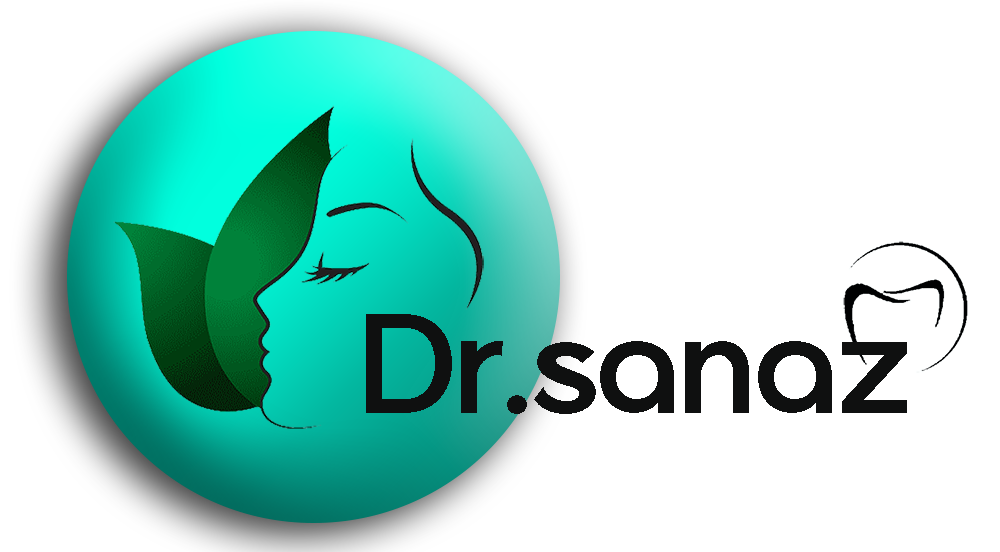

Hair loss after Corona
People who are infected with Covid-19 show various symptoms. Hair loss after Corona has been reported among patients. The US Centers for Disease Control and Prevention (CDC) considers hair loss to be one of the possible long-term effects of Corona virus, which is currently under research and study.
What do you know about hair loss after Corona?
Most of the reports of hair loss after Corona have been seen in case studies. For this reason, it needs to be clarified what the prevalence of hair loss is in the larger population of Covid-19 patients.
A study in November 2020 investigated the subsequent symptoms of covid-19 in a small group of 63 participants, which showed that among the 58 people who participated in the analysis process, 14 people (equivalent to 24.1%) had a fall. They were hair.
In this study, the average time from the onset of covid-19 symptoms to hair loss was about 58 days: out of 14 people, hair loss after Corona was resolved in 5 people. However, nine others were still experiencing hair loss when they were interviewed.

Why does hair loss happen after Corona?
Hair loss after Corona corresponds to a condition called telogen effluvium (TE). People with TE experience sudden hair loss. When combing or showering, the hair usually falls out in large clumps.
Most people with TE experience significant hair loss 2 to 3 months after exposure to a particular trigger. Hair loss usually covers less than half of the scalp and lasts 6 to 9 months. After this period, most people notice that the hair that has fallen out is growing back. How is hair loss related to covid-19?
One of the possible factors to stimulate hair loss in people involved with TE is the occurrence of acute disease with fever, and people infected with Covid-19 often experience fever as one of the disease symptoms.
Another factor is stress. Indeed, experiencing a disease like Covid-19 can cause physical and mental stress. TE has been observed in some people due to the stress of quarantine.

What is the mechanism of TE?
Hair has different growth phases. TE occurs when a stressful factor causes a large amount of hair to stop growing, which is when the hair enters the resting or telogen phase. In the telogen phase, the hair rests for 2 to 3 months and then shedding occurs to allow new hair growth to begin. This is why hair loss caused by TE occurs sometime after an event such as an illness or a stressful period.
What is hair loss?
We all lose hair naturally daily. Losing 50 to 100 hairs daily is typical and expected for every person. However, sometimes the hair we lose is not replaced by new hair, which leads to thinning hair and baldness. This is called hair loss. Often we think that hair loss is only related to the head. However, hair loss can also occur in other parts of the body. The medical term for hair loss is alopecia.

Is hair loss after Corona real?
Hair loss may be related to the severe condition of covid-19 disease. However, this matter’s correctness and biological mechanism are unknown. In a study in May 2020, 175 hospitalized patients with Covid-19 were investigated.
The researchers observed that many patients (67%) had endogenic alopecia. A July 2020 study compared pattern baldness in 336 hospitalized men with Covid-19 and 1,605 without Covid-19.
The findings showed that men who had significant baldness tested positive for Covid-19. In a population-based study in November 2020, 43,565 people were monitored for hair loss, various diseases, and covid-19 and its consequences. The findings showed that hair loss has an independent relationship with the more severe condition of covid-19 disease.
It is necessary to remember that the research in this field is small. Therefore, it is necessary to conduct more research to determine how hair loss is related to the risk of covid-19 disease.
British researchers report that people with long-term Covid experience a more comprehensive range of symptoms, including hair loss and sexual dysfunction. These cases can be considered the latest long-term complications of Corona.

An analysis of the electronic health records of 2.4 million people in the UK found that these people reported sixty-two distinct symptoms within 12 weeks of their initial infection. Based on these studies, looking only at non-hospitalized patients, three distinct categories of symptoms were reported by people with persistent health problems after infection. According to the researchers, these symptom patterns are mainly grouped as respiratory or cerebral symptoms.
These disorders are listed alongside a third category that includes a broader range of health problems, including hair loss and erectile dysfunction. The most common symptoms of Corona include loss of smell, shortness of breath, chest pain, and fever.
Related: “What Is The Difference Between Intermittent, Remittent, And Relapsing Fever?“
Others include forgetfulness, apraxia (inability to perform routine movements or activities), bowel incontinence, hallucinations, and limb swelling. The researchers also found that certain groups of people are at increased risk of long-term Covid-19. These include women, young people, and ethnic minorities, as well as poorer people, smokers, people who are overweight or obese, and people with chronic health problems.
“The symptoms we identified should help clinicians and clinical guideline developers improve the assessment of patients with long-term effects of Covid-19 and subsequently consider how to manage these symptoms,” said the study team leader at the University of Birmingham.
They are managed in the best way. In the meantime, it should be noted that hair loss is one of the long-term side effects of the Corona, which has been less studied and paid attention to.

A dermatologist and hair specialist said about the treatment of hair loss caused by Corona: people who experience hair loss after Corona should check their vitamin D, ferritin, and vitamin B12 levels; Lack of protein and iron can be one of the causes of this hair loss. The hair loss of some patients recovers spontaneously after recovering from the corona disease, but others need nutritional treatments to fix their vitamin and mineral deficiencies. We recommend these people use “sulfate-free” and “paraben-free” shampoos.
He continued: Eggs, fish, chicken, fruits, vegetables, and nuts should be consumed in sufficient quantities, so people do not suffer from iron deficiency. Also, if a person has a protein deficiency, he should use enough meat, dairy, and plant protein sources.
Share in :
Explore more


How Long Does Keratin Treatment Last- Drhealthandbeauty

